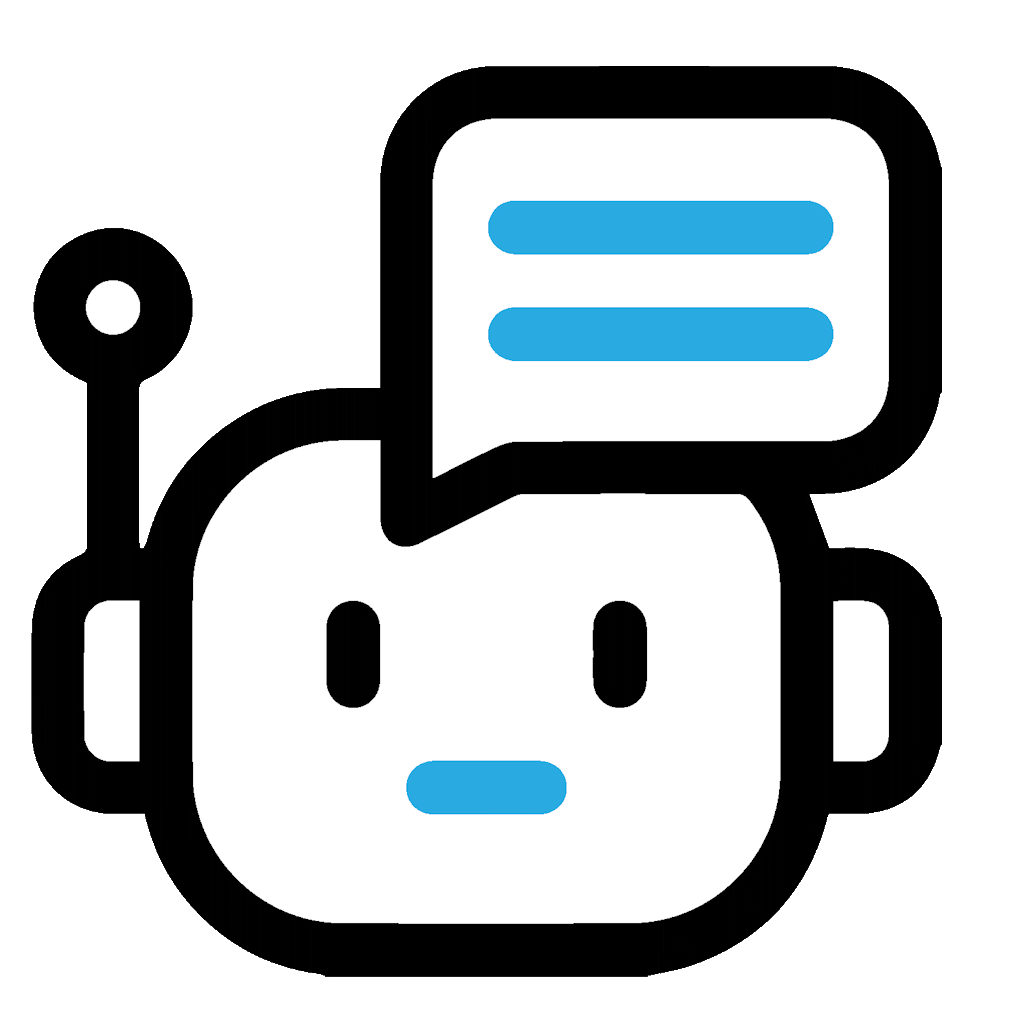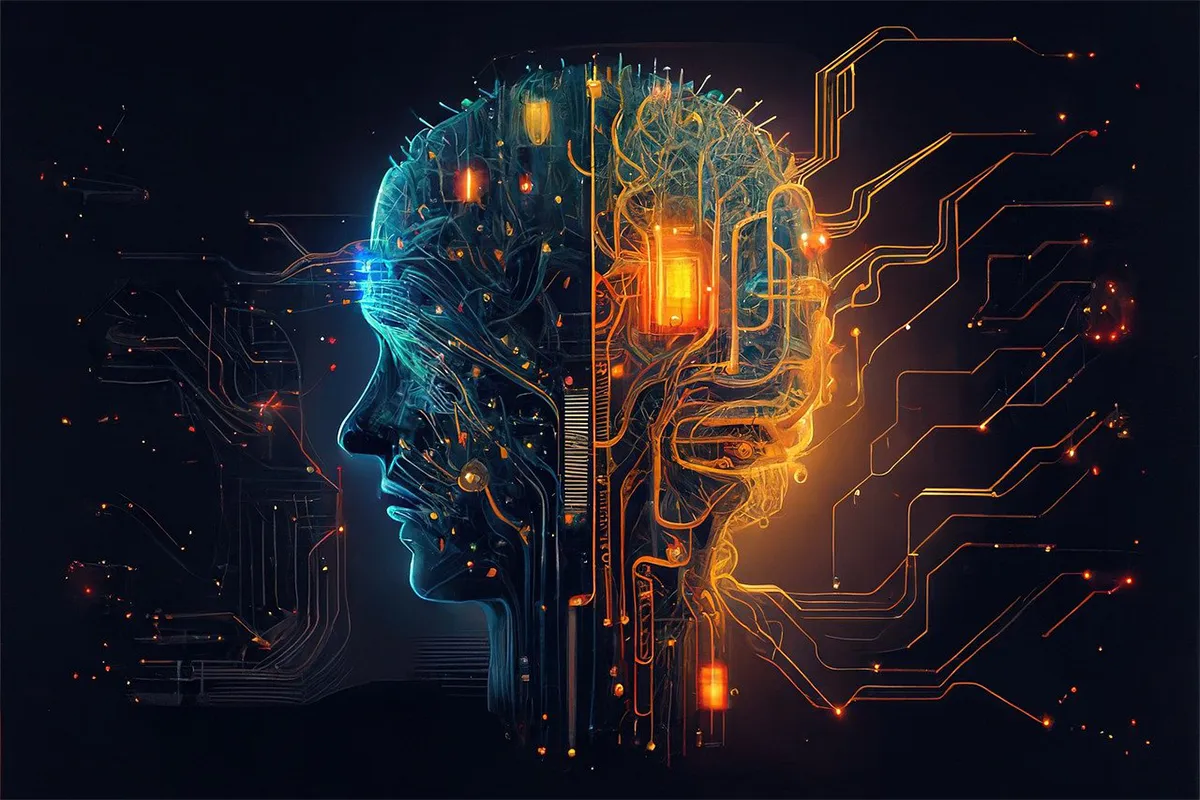The rise of AI has changed people’s daily lives. It has great potential and has influenced almost every other industry. Be it mechanics, home automation, auto-driving cars, health, or construction, you will now see AI applications increasingly become commonplace. These advancements in AI have acted like a double-edged sword. If put to the right use, the AI can significantly ease up the human lives. On the other hand, the ethical dilemmas have sparked a debate in the intellectual circle about its safe usage and protection of rights.
Amid these advancements, Sustainable Development Goals (SDGs) have provided a global blueprint for achieving a sustainable future. SDGs bridge gaps between AI and ethical principles. The SDGs provide a platform that facilitates the smooth implementation of agreed universal AI ethical principles. Only strict adherence to ethical rules can ensure a sustainable future for AI.
Key principles of AI Ethics
AI ethics is the study of moral principles for artificial intelligence. It makes sure AI systems match with society’s values. AI ethics looks at fairness, accountability, transparency, privacy, and safety. It wants to create AI systems that help everyone, protect individual rights, and do no harm. Trust is important in AI systems.
AI ethics gives guidelines for designing and using AI technologies. It tries to balance new ideas with the need to avoid harm and help people. AI ethics checks for risks and problems to make sure AI is good for society and individuals.
- Fairness: AI systems should treat everyone the same. They should not discriminate based on race, gender, or political views. Fairness stops biases that can create unfair outcomes.
- Accountability: Developers and organizations must be responsible for what AI systems do. They should use AI responsibly. This means having clear rules and ways to fix problems that come up.
- Transparency: It should understand how AI algorithms work. This understanding helps to build trust and shows users how AI makes decisions.
- Privacy: This is about protecting people’s personal data in AI. AI systems must keep data safe and allow people to control how their data is used.
- Safety: AI systems must be reliable and safe. They should not harm people, society, or the environment. This requires careful testing to make sure AI works correctly without causing problems.
By following these principles, developers and organizations help make sure AI technologies are designed well. They make sure AI is used in responsible ways that are good for society.
17 Sustainable Development Goals
The SDGs are a call to action. All United Nations Member States adopted them in 2015. They aim to end poverty. They want to protect the planet. They also want to ensure prosperity for all by 2030. These 17 Sustainable Development Goals are connected to each other. They address global challenges. These challenges include poverty, inequality, climate change, environmental degradation, peace, and justice.
The 17 SDGs have many objectives:
- No Poverty: Eradicate extreme poverty for all people everywhere.
- Zero Hunger: End hunger for all people. Achieve food security. Promote sustainable agriculture.
- Good Health and Well-being: Ensure healthy lives for all people. Promote well-being for all ages.
- Quality Education: Ensure inclusive and fair quality education. Promote lifelong learning opportunities.
- Gender Equality: Achieve gender equality. Empower all women and girls.
- Clean Water and Sanitation: Ensure water availability for all. Manage sanitation in a sustainable way for all people.
- Affordable and Clean Energy: Ensure all people have access to affordable and reliable energy. Make sure energy is sustainable and modern.
- Decent Work and Economic Growth: Promote sustained economic growth. Ensure full and productive employment for all. Ensure decent work for all people.
- Industry, Innovation, and Infrastructure: Build strong infrastructure. Promote sustainable industrialization. Foster innovation.
- Reduced Inequalities: Reduce inequality in and between countries.
- Sustainable Cities and Communities: Make cities safe and inclusive. Make human settlements resilient and sustainable.
- Responsible Consumption and Production: Ensure patterns of consumption and production are sustainable.
- Climate Action: Take urgent action against climate change. Combat its effects.
- Life Below Water: Conserve oceans and seas. Use marine resources in a sustainable way.
- Life on Land: Protect and restore land ecosystems. Manage forests in a sustainable way. Combat desertification. Halt loss of biodiversity.
- Peace, Justice, and Strong Institutions: Promote peaceful societies. Provide justice access for all people. Build effective institutions that are accountable.
- Partnerships for the Goals: Strengthen how to implement these goals. Revitalize the global partnership for sustainable development.
The SDGs are a framework for global efforts toward sustainable development. They look at problems like poverty, inequality, and environmental degradation. The SDGs understand that when one area makes progress, it can affect other areas. The SDGs create clear targets. This helps nations work together. They can solve global issues and promote prosperity while also protecting the planet.
Technology plays a big role in the SDGs. It provides new solutions for difficult problems. Digital technologies help people access education, healthcare, and financial services. This helps bridge gaps and promote inclusivity. Advances in science and technology support sustainable farming, renewable energy use, and better resource management. This speeds up progress on many goals. However, it is important to make sure that everyone can access these technologies. This helps maximize their impact on sustainable development.

Current State of AI and SDGs
AI is an important tool for the SDGs. In 2023, AI has helped many sectors. It has improved healthcare, educational access, environmental sustainability, and economic growth. SDGs have helped spread awareness of AI ethics in the younger generation. However, using AI also brings ethical challenges. These challenges need to be solved to make sure development is fair and responsible.
1. Healthcare: AI has changed healthcare. It improves how accurately doctors can diagnose diseases. It personalizes treatment plans. It also predicts disease outbreaks. For example, algorithms look at medical images to find issues like cancer early. This improves outcomes for patients. Predictive models help manage public health. They can forecast the spread of diseases and lead to timely interventions.
2. Education: In education, AI helps create personalized learning experiences. It adapts content based on what students need and how fast they learn. This technology helps include everyone in education. It gives resources for different learning styles and abilities. This bridges educational gaps and supports lifelong learning for all. AI ethics for students should be emphasized.
3. Environmental Sustainability: AI helps with environmental sustainability. It optimizes how we manage resources. It also monitors changes in the environment. Machine learning models look at data from different sources. They predict environmental trends. This helps conservation efforts and the sustainable use of natural resources. For example, AI helps to track deforestation. It also helps to manage water resources in a good way.
4. Economic Growth: Economic growth happens because AI increases productivity. AI also encourages innovation in many industries. Automation of simple tasks frees up workers. This lets workers solve more complex problems. As a result, new job opportunities and business models appear. Also, analytics give useful insights. These insights help in making strategic decisions. This supports sustainable economic development.
The use of AI systems brings up ethical issues. These issues include biases in algorithms. These biases can result in unfair outcomes. Privacy is another concern because of the large amount of data collected. There is also a lack of transparency in how decisions are made. It is important to address these problems. This ensures that AI technologies respect human rights. They also promote social justice.
Many AI projects have helped to support the SDGs. For instance, some platforms monitor air quality in cities. They give real-time data to help create policies that cut pollution. Some applications help farmers improve their crop yields. They do this by managing resources carefully. This helps with food security and supports sustainable farming practices.
These projects show how AI can help achieve the SDGs. They also address the ethical issues related to AI.
Proposed Framework for AI Ethics in Relation to SDGs
AI has a lot of potential to help reach the SDGs. However, its use must match ethical rules. This ensures that results are responsible and fair. The framework focuses on connecting AI and machine learning strategies to the specific SDGs. It also stresses ethical guidelines that support accountability, inclusivity, and sustainability.
Aligning AI Strategies with Specific SDGs
- Targeting Poverty Alleviation: To fight poverty, AI can look at data. It can find patterns of poverty. It can also help people use resources better. Predictive models can help welfare programs. AI-driven financial tools can give underserved groups access to credit. This can help economic inclusion and reduce differences.
- Enhancing Education Accessibility: AI-powered platforms can improve education access. They provide personalized learning experiences. This can close educational gaps in underserved areas. Translation tools make learning material available to many people. This helps education reach remote and marginalized communities.
- Promoting Climate Action: AI can help with climate action. It analyzes environmental data to predict climate change effects. AI also helps in energy management, waste reduction, and ecosystem monitoring. These applications help use resources effectively and fight global warming.
AI needs ethical guidelines for its development and use.
- Stakeholder Engagement: AI projects should include different stakeholders. These can be governments, communities, and private companies. They can make sure technology meets social needs. Open dialogue can help find ethical issues and balance everyone’s interests.
- Inclusive Design: We should design AI to be inclusive. This can make sure diverse populations benefit from technology. It is important to reduce biases in datasets and algorithms. AI solutions should also fit the needs of marginalized groups. This can promote fairness in results.
- Continuous Monitoring and Assessment: AI systems need regular evaluations. We must ensure they meet ethical standards and SDG goals. We should monitor their impacts and address any problems. Updating frameworks is important to keep accountability and adaptability.
This framework wants to combine AI strategies with SDGs. It aims to include ethical guidelines in developing AI. This can maximize AI benefits and lessen risks. It can also promote a sustainable and fair future.
Future Aspects of AI and Sustainable Development Goals
AI is growing and has new chances and challenges. Future plans will focus on new trends and ethical issues. It is important to encourage teamwork among governments, organizations, and communities. This can help make sure AI development meets ethical and sustainable goals. AI will improve in personalization, automation, and adaptive learning. New ideas in generative AI, autonomous systems, and AI in healthcare will change industries. AI will help with climate monitoring and precision farming for sustainability. More growth in AI governance will also build accountability and trust.
Some new worries are biases in decision-making, privacy issues with data, and how to use generative AI tools ethically. To deal with these, we need strong rules, clear AI systems, and ethical checks. Teaching users and developers more about AI will help them make better choices and lower risks.
Governments have to make rules for good AI development. Organizations need to use responsible methods and be clear about how they use AI. Communities have an important part in supporting fair AI systems and sharing different viewpoints. Working together is very important for getting ethical and sustainable results in AI.
Future progress in AI depends on how well it matches societal goals. It must focus on inclusivity, fairness, and accountability as it develops.
Conclusion
In conclusion, the link between AI ethics and the Sustainable Development Goals needs constant discussion and change. We must face new challenges when combining advanced technology with sustainable development. We should create more localized AI solutions that understand cultural and social differences. By connecting AI ethics to local realities, we can better meet the needs and values of different communities.
Also, working together across different fields will become more important. Bringing together ideas from social sciences, humanities, and technology can help manage the challenges of aligning Emotional AI with ethical and developmental goals. This teamwork will improve AI’s impact while keeping ethical issues in focus. It will help connect innovation and people’s well-being.

